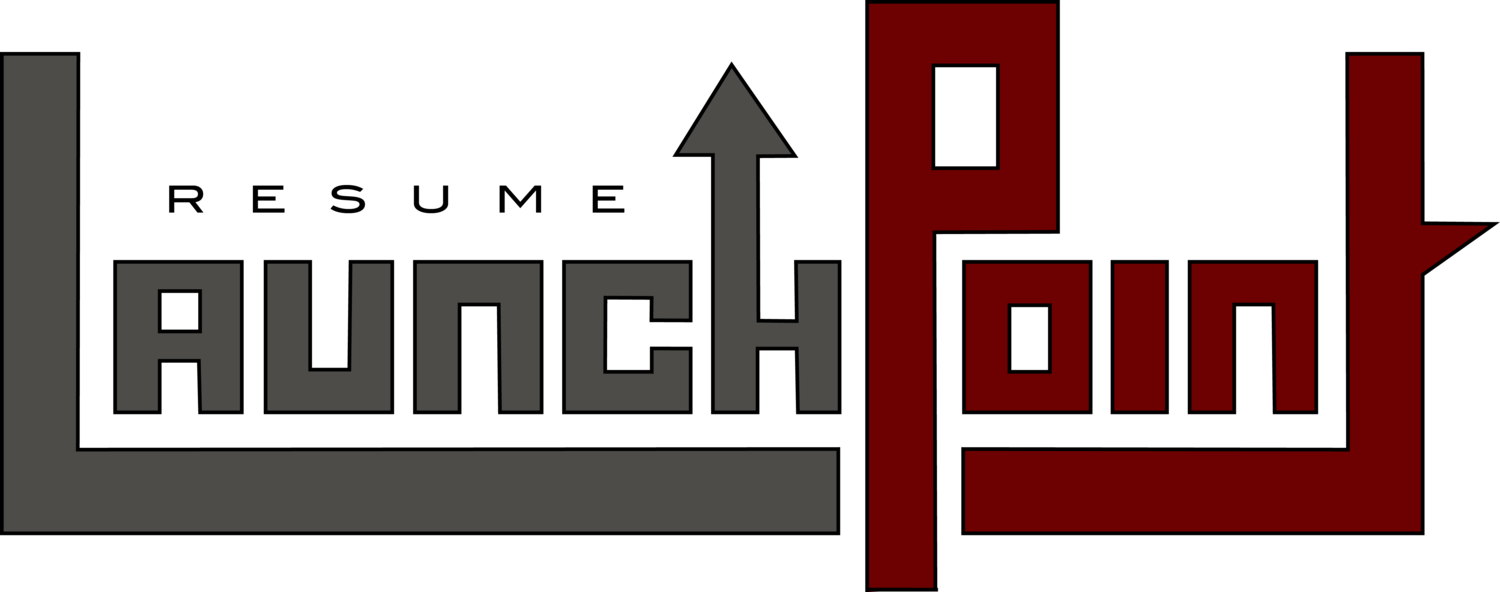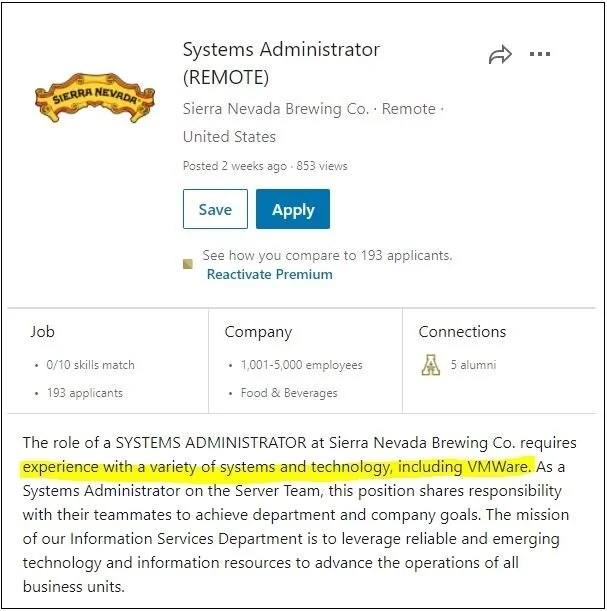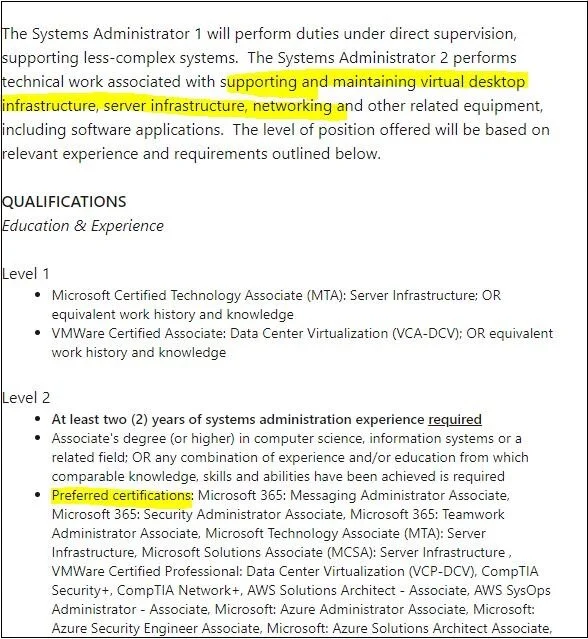The Art of Predicting Interview Questions and How to Answer Them Perfectly
In the days leading up to an interview, you already know that it’s best to consider your top strengths and weaknesses. That part has been drilled into your brain one time or 80 times before. You may aptly recall a time you worked in a team or explain why you’re interested in the position. Excellent. But let’s take it one step further and learn how to convey your accomplishments perfectly. Effectively. Memorably.
To maximize your success come interview day, it is best to prepare stories.
Stories help build rapport. Building this upfront allows you to connect with your interviewer, which can help you relax and help employers understand how you fit into the position.
Stories are also more memorable than facts. (And who doesn’t want to “be remembered?”)
Of course, to prepare quality stories, you must first know what exactly you should want to talk about.
This article will help you do two things. First, it will teach you ways to predict interview questions companies are likely to ask during a phone chat or in-person meeting. Second, you’ll learn how to leverage the art of storytelling to answer those questions perfectly.
4 ways to predict what questions you’ll be asked in an interview.
1. Browse Glassdoor
When asking someone who went through the same interview experience isn’t an option, you can scour the internet for advice from strangers. Glassdoor has a search bar that allows you to search for common interview questions by company.
Note that the list presented may not be tailored to your specific position, but this insight will give you clues to the company strategy and whether the questions lean heavily toward a certain metric, such as behavioral questions, technical questions, culture teasers, etc.
2. Review your resume
It’s typical for hiring managers to ask questions that relate specifically to your background, rather than a general list of all-encompassing questions.
Scan your resume and ask yourself: what stands out here? If you were the interviewer, what piques your interest? Be prepared to walk an interviewer through your resume, including a specific achievement or skills in a certain area/tech platform/industry.
Go ahead and prepare an answer for “tell me about yourself” and “what interested you about this company” while you’re at it.
3. Study the job description
We’re going to dig into this more below, but the job posting can be very telling when it comes to the interview. Review the highlighted responsibilities and then craft questions (and examples) that prove your qualifications for those lists.
You can probably expect questions like, “tell me about your experience with…” or “tell me about a time when you demonstrated…” For companies in a technical field, those questions might be more specific like, “what constitutes a successful ad campaign?” or “could you define firewall and intrusion detection?”
4. Ask
Remember, the hiring manager or recruiter that invites you to an interview wants it to go well. So don’t underestimate the power of simply asking how to best prepare for the interview. They’re often more than willing to give you a sense of general topics to be discussed, who you’re meeting with, and what to expect during your slot. Use this information to your advantage to create questions centered around what you learn. Then, craft your answers in story format.
How to Prepare Stories for an Interview
To properly leverage stories during an interview, we must know how to prepare them. My favorite way to do this is to study the job description to uncover the types of stories you should to recall.
1. Study the job description:
Look for clues as to the types of questions the interviewer could ask. Specifically, look for the pain points of the job and specific qualifications they may be looking for.
Here is an example.
The image above is a real IT job description from LinkedIn. As you read on, you’ll see they’ve mentioned unique aspects of the role.
For example — notice that they use VMware as their workspace technology. If you are interviewing for this network administrator position, it’s likely that you’d be asked about your experience with VMWare.
Reading further, we notice a few more required competencies, such as supporting server infrastructure. It’s fair to assume that the company will likely focus on troubleshooting and communication skills during the interview.
2. Research the company
Next, dive deeper into the company you’re considering to understand its core values, mission, and vision. Interviewers will want to know how you align with that and what part of their culture stands out to you most.
Research its people, too. Especially those you may meet during your interview. Bringing up information about their professional background and/or things they have accomplished in their role are great conversation starters.
3. Prepare 5-10 examples of stories based on your research
What you find during your 20 minutes of research should help you identify recent examples of how you solved problems or demonstrated the key skills/experience your target employer craves. Flesh out these examples and give it a story format.
Then, file it under a common interview category like “difficult situation resolved” or “handling change” or “team communication style.” This will help you organize your thoughts and ensure you don’t leave the interview wishing you had brought up “that one time when I…”
4. Specify Situations, Actions, and Results (SAR)
Like resume bullet points, answers to interview questions should follow the SAR format: situation, action, result. In other words, make sure to describe what was happening at the time, what you did to resolve, and how things turned out.
Structuring your story (read: answer) in this way allows you to highlight your accomplishments in a clear way – with a beginning, middle, and end.
Practice makes perfect.
Contact Lauren here to snag one of her personalized, 1:1 mock interview sessions.




